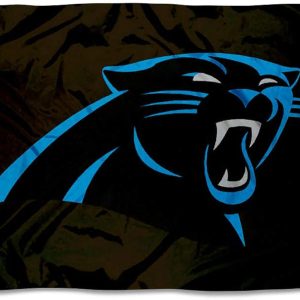The Barcelona Football Club is not just a sports organization; it represents a rich tapestry of history, culture, and passion. Established in the late 19th century, this legendary club has become synonymous with football excellence, forging its legacy through memorable victories and unforgettable players. Over the years, FC Barcelona has evolved into one of the most prestigious football clubs in the world, embodying the spirit of Catalonia and captivating millions of fans worldwide.
The Origins of FC Barcelona
The story of FC Barcelona begins in the last decade of the 1800s, amid a burgeoning European interest in football.
The Founding of the Club
In 1899, a group of Swiss, Catalan, German, and English football enthusiasts, led by Joan Gamper, decided to create a new football team in Barcelona. This initiative stemmed from the growing popularity of the sport in Europe, especially as more people began to engage in various athletic activities.
Gamper’s vision for a football club was about more than just playing; it was an institution where different cultures could meet and flourish. His commitment to inclusivity and diversity set the tone for what would become the essence of FC Barcelona.
FC Barcelona’s first official match took place on January 8, 1901, against the team from the nearby town of Acta. While they lost that match, it laid the groundwork for a future filled with competitive spirit, ambition, and the relentless pursuit of victory.
Early Years and Challenges
As the new club took its first steps, it faced numerous challenges. In the early years of the 20th century, there was significant competition among local clubs, including Espanyol and others vying for dominance in Catalonia. Despite these hurdles, FC Barcelona quickly made a name for itself, partly due to its unique identity and community-focused mission.
During this period, the club initiated its first major tournament participation – the Copa del Rey (King’s Cup). FC Barcelona won its inaugural title in 1910, marking the beginning of a long-standing tradition of success in national competitions. The cup victory helped to solidify the club’s presence in Spanish football and opened the door for future triumphs.
A Symbol of Catalonian Identity
As the 20th century progressed, FC Barcelona transcended its role as merely a football club. It became a symbol of Catalonian pride and resistance during politically tumultuous times, especially during the Spanish Civil War and the later dictatorship of Francisco Franco Barcelona Football Club. The club’s motto, “Més que un club” (“More than a club”), embodies its deep-rooted connection to Catalonian identity.
During Franco’s regime, when regional identities were suppressed, FC Barcelona stood firm in expressing Catalonia’s aspirations. The campions, or champions, of the people, they bravely represented their cultural roots, which resonated with fans on a broader scale. Even today, the club continues to embrace its role as a champion of Catalonia, aligning itself with social movements and causes that echo the struggles and aspirations of its supporters.





